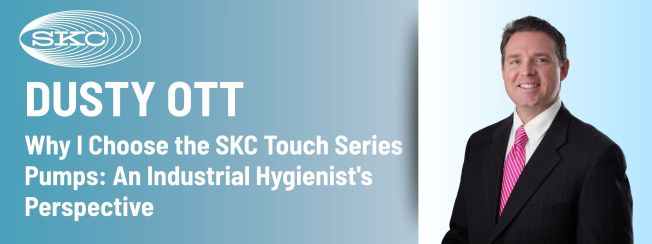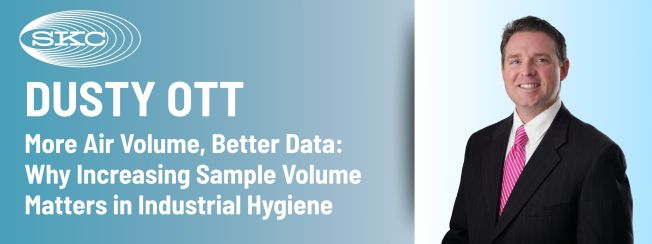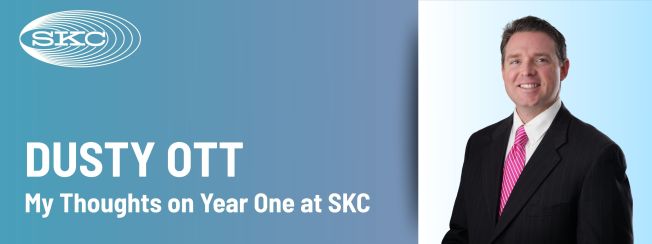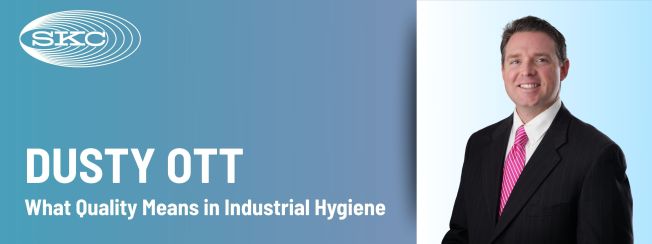The Mine Safety and Health Administration (MSHA) has recently introduced a new rule regarding silica exposure, emphasizing the importance and need of industrial hygiene sampling. While this regulation aims to enhance the health and safety of miners, it also imposes significant costs on mining operations. Understanding these costs is crucial for mine operators to effectively manage their budgets while also ensuring compliance. This article will break down the true cost of sampling, based on MSHA's detailed analysis, and explore its implications for mines of different sizes.
Labor Costs of Exposure Monitoring
The primary component of the cost associated with sampling and evaluation is labor. The process includes preparation for sampling, the actual collection of samples, and the necessary recordkeeping. MSHA's estimates for these labor costs vary depending on the size of the mine and the number of employees. It is worth noting the loss of production of supervisors and miners during sampling could also be considered.
Coal Mines
For coal mines, the labor costs for sampling are categorized as follows:
- Mines with 20 or fewer employees: $398 per sample
- Mines with 21 to 500 employees: $264 per sample
- Mines with more than 500 employees: $248 per sample
Metal Mines
For metal mines, the sampling labor costs are:
- Mines with 20 or fewer employees: $747 per sample
- Mines with 21 to 500 employees: $380 per sample
- Mines with more than 500 employees: $334 per sample
Nonmetal Mines
For nonmetal mines, the costs are slightly higher:
- Mines with 20 or fewer employees: $772 per sample
- Mines with 21 to 500 employees: $366 per sample
- Mines with more than 500 employees: $322 per sample
These costs reflect the time required for an industrial hygienist (IH) to conduct the sampling. In metal and nonmetal mines (MNM), an IH may be either an in-house specialist or an external consultant. In coal mines, certified miners can perform the sampling under specific regulations (30 CFR 70.202, 71.202, and 90.202).
Evaluation Labor Costs
Periodic evaluations are also necessary to ensure ongoing compliance and effectiveness of the sampling. MSHA estimates that these evaluations typically require two hours of an industrial hygienist’s time, with costs ranging from $131 to $162 per evaluation.
Laboratory Analysis Costs
Beyond the labor costs, there are also expenses associated with the laboratory analysis of samples. MSHA estimates the cost of laboratory analysis at $150 per sample. This figure includes packing and shipping the sample to the lab, the analysis itself and reporting the results back to the mine operator.
The SKC Parallel Particle Impactors (PPI®s): A Cost-Effective Alternative
One of the primary concerns among customers is the perceived higher cost of the SKC Parallel Particle Impactors (PPIs) compared to traditional styrene cassettes. The SKC PPI costs $30, whereas traditional PVC cassettes cost only $5. However, it's essential to consider the hidden costs associated with using traditional methods, particularly the cost of the cyclone needed to conduct the sample, and the risk of lost or voided samples.
The Hidden Costs of Traditional Sampling Methods
When using traditional methods like a cyclone to capture respirable dust, there is a significant risk of the cyclone tipping upside down or becoming compromised in a variety of ways. This can result in larger particles being captured on the filter, invalidating the sample or bringing its validity into question. Between 5-10% of samples can be voided due to such issues, leading to additional time and costs.
For instance, in a coal mine with fewer than 20 employees, each voided sample costs $398 in labor plus $150 for analysis, totaling $548. In metal mines with 21 to 500 employees, the cost of a voided sample can be as high as $530. To take this one step further, the voided sample cost could be roughly doubled due to the costs of re-sampling including the industrial hygienist’s time, the worker's lost production, and the cost of a new sampler.
Advantages of the SKC PPI
The SKC PPI offers several advantages that mitigate these issues:
- Stability: No risk of tipping or orientation bias, ensuring sample validity and getting the sample you need on the first try.
- Compliance: The PPI was designed to closely match the ISO 7708:1995 respirable curve, as specifically noted and required by MSHA.
- Ease of Use: Simplifies the sampling process, reducing the need for continual cleaning and maintenance associated with cyclones.
- Reliability: Provides more consistent and reliable results, giving users greater confidence in the data.
- Wearability: Miners prefer the SKC PPI style cassettes because they are less bothersome than traditional cyclones.
Addressing Customer Concerns
Although the initial cost of the SKC PPI is higher, users appreciate its benefits and prefer it over traditional methods. The higher upfront cost is offset by the ease of use and overall reliability. Additionally, it eliminates the expensive risk of lost or voided samples due to tipping and the need for resampling
Overall Cost Efficiency
When considering the true cost of sampling, including the hidden costs of traditional methods, the SKC PPI can be a more cost-effective solution. By reducing the frequency of voided samples and ensuring more reliable results, it offers better long-term value and compliance with MSHA regulations.
Conclusion
MSHA's new Final Silica Rule underscores the importance of stringent industrial hygiene practices in the mining industry. However, it also highlights the significant financial commitment required to adhere to these standards. By understanding the true cost of sampling and considering more reliable and efficient methods like the SKC PPI Sampler, mine operators can better navigate the complexities of these new regulations and prioritize the health and safety of their workforce.
SKC is here to help you with equipment and our expertise. Contact your SKC representative today!









